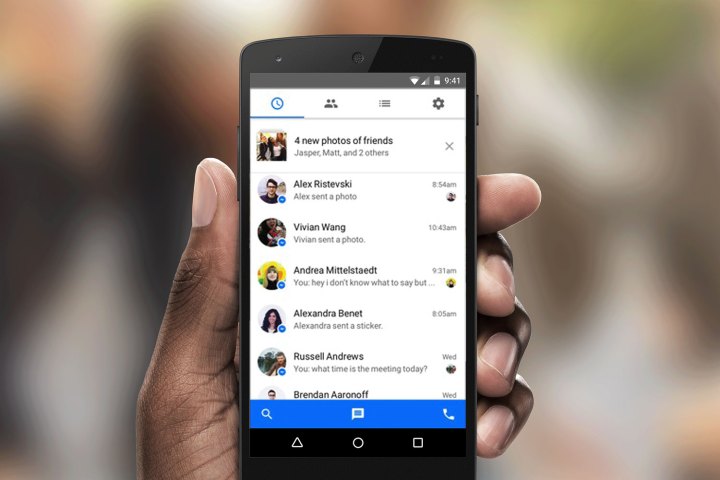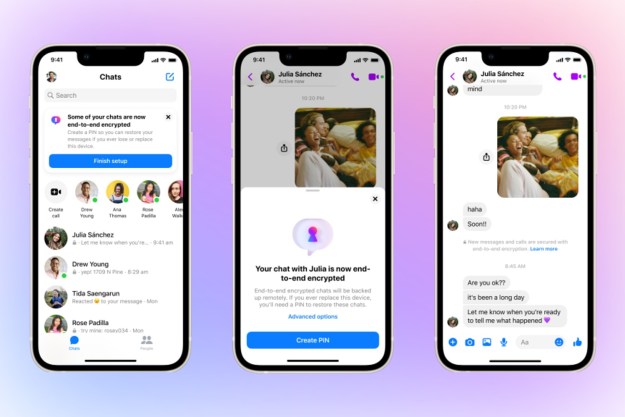
This is a big milestone for Facebook, which faced a lot of criticism when it announced that the Messenger app would be spun off from the main Facebook app. Both pieces of mobile software now enjoy more than 1 billion active users each, though there is understandably a lot of cross over between the two.
It’s also part of Facebook’s big push for diversification. Since launching Messenger as its own application,
Facebook is positioning itself to become a singular destination for many web users. Through the combination of its messaging application and the main
That doesn’t mean it isn’t willing to hedge its bets. Facebook did pay out close to $20 billion for WhatsApp in 2014 (thanks, Recode) and is continuing to develop that service into a strong competitor for Messenger. Indeed, WhatsApp still has the higher user count, though not by much considering Messenger’s recent impressive growth.
Considering that Facebook’s messaging app has now reached relative parity with its general
Of course, there are still many Facebook users out there. The main
Editors' Recommendations
- Have one of these Google Pixel phones? You’re getting Circle to Search
- Have one of these Samsung phones? You’re getting Galaxy AI features next month
- If you can’t stand ads on Instagram, you’re going to hate this update
- Instagram and Facebook down? You’re not alone
- Apple Watch Ultra now comes in a fancy, shiny design — if you’re willing to pay




